Vietnam’s Ministry of Health has sounded an urgent alarm following the discovery that animal-grade cooking oil—meant solely for livestock feed—was illegally repackaged and sold as edible oil for human consumption. The Vietnam Food Administration (VFA) called the act a serious breach of food safety laws, with dire implications for public health.
Counterfeit Edible Oil: How the Scam Worked
At the centre of the scandal is OFOOD-brand vegetable oil, which is legally classified for animal feed. Investigators found that this substandard oil was relabeled, distributed across Vietnam, and served in canteens, restaurants, and street food stalls, exposing millions of consumers, including children, to unfit cooking oil.
The operation was led by Nhat Minh Food Import Export & Production Company Ltd, which created shell companies and falsified product declarations to pass off the oil as food-grade. Another firm, An Hung Phuoc Import-Export Trading Co., Ltd., was also implicated in distribution.
Criminal Profits and Legal Loopholes
This criminal enterprise thrived on two major loopholes:
- Price Arbitrage: Human-grade cooking oil retails at 17% more than animal-grade oil.
- Tax Evasion: Edible oil carries an 8% VAT, while animal feed oil is tax-exempt.
The syndicate reportedly generated over VND 8.2 trillion (~US$320 million) in revenue over three years.
Vietnam’s Food Safety Law Under Scrutiny
Per Article 39 of Decree 15/2018/ND-CP, the Ministry of Industry and Trade is responsible for food safety across the entire vegetable oil supply chain—from sourcing and manufacturing to distribution. The VFA emphasised that using ingredients outside their registered purpose is a legal violation, not just a technical lapse.
Authorities are now urging industrial kitchens, mass caterers, and food businesses to demand full ingredient traceability, rather than relying solely on packaging. Businesses caught repurposing animal-grade ingredients for human use will face serious legal consequences under Vietnamese law.

